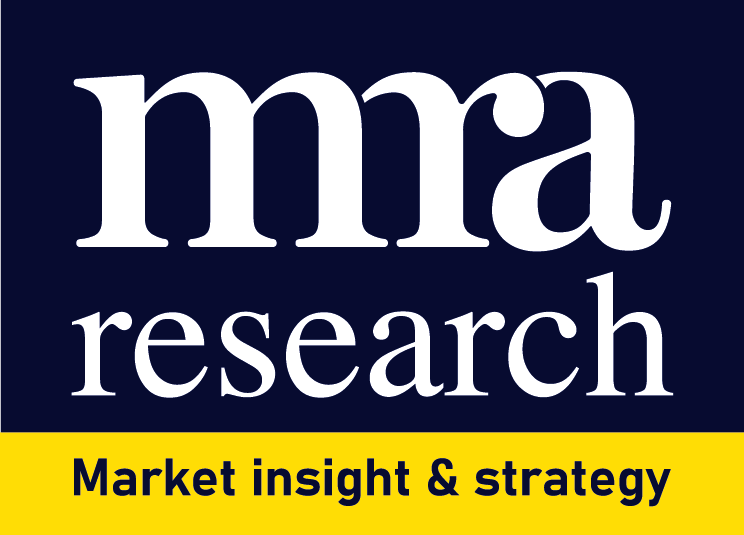A qualitative data collection method
In-depth interviews offer the opportunity to capture rich, descriptive data about people’s behaviours, attitudes, perceptions and unfolding complex processes.
How is an in depth interview carried out? Interviews are conducted using discussion guides (which we can help you build if you haven’t already developed one). These facilitate the flushing out of the respondent’s views through open ended questioning and we can also incorporate projective techniques should you require. MRA Research usually carries these interviews out face to face so that a rapport can be created with respondents. And as with standard Face-to-face Interviews body language is also used to add a high level of understanding to the answers. If budgets are a consideration our skilled team of researchers can also deliver these interviews with little loss of key data (with the exception of body language) over the phone.
When to use projective interviewing
For most categories, part of the purchase process is “hidden” or sub-conscious. For example – marketers believe that their Brand plays an important role in consumer decision making, yet most consumers claim that they are “too smart” to be overly influenced by a brand name – they over-rationalise their decision process when asked directly about it. But projective interviewing techniques help dig out the image attributes and psychological benefits that a particular brand plays. A key benefit of Projective Interviewing is that it overcomes the clinical nature of focus groups and interviews by building a bridge to past experiences. Specifically, it allows participants to access and report feelings and motivations that may not surface using more rational question and answer interviewing techniques. It can also be used to stimulate non-linear or lateral thinking in order to elicit new ideas.
